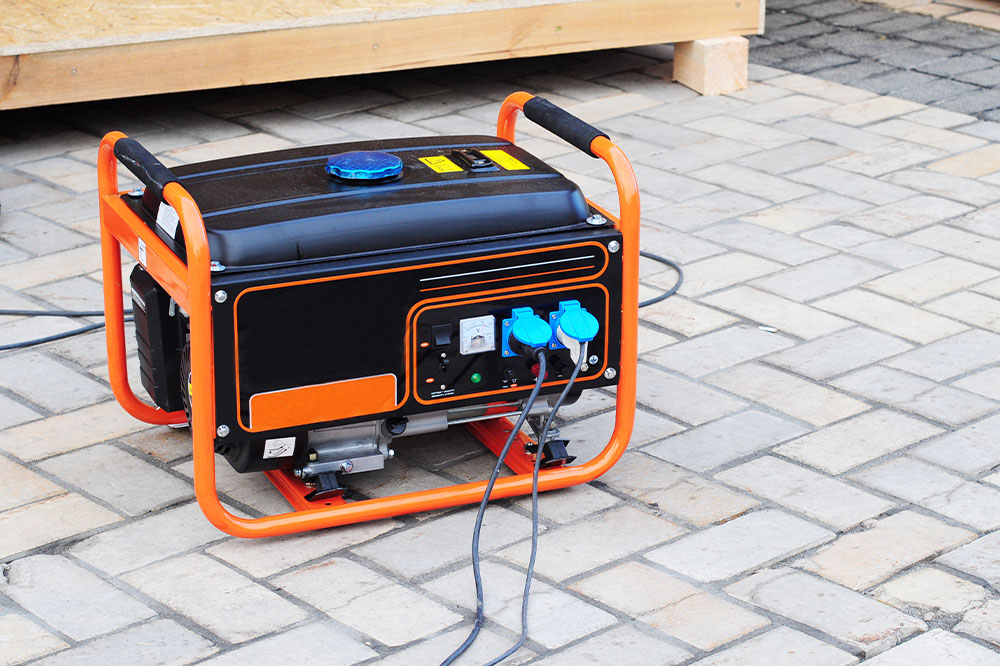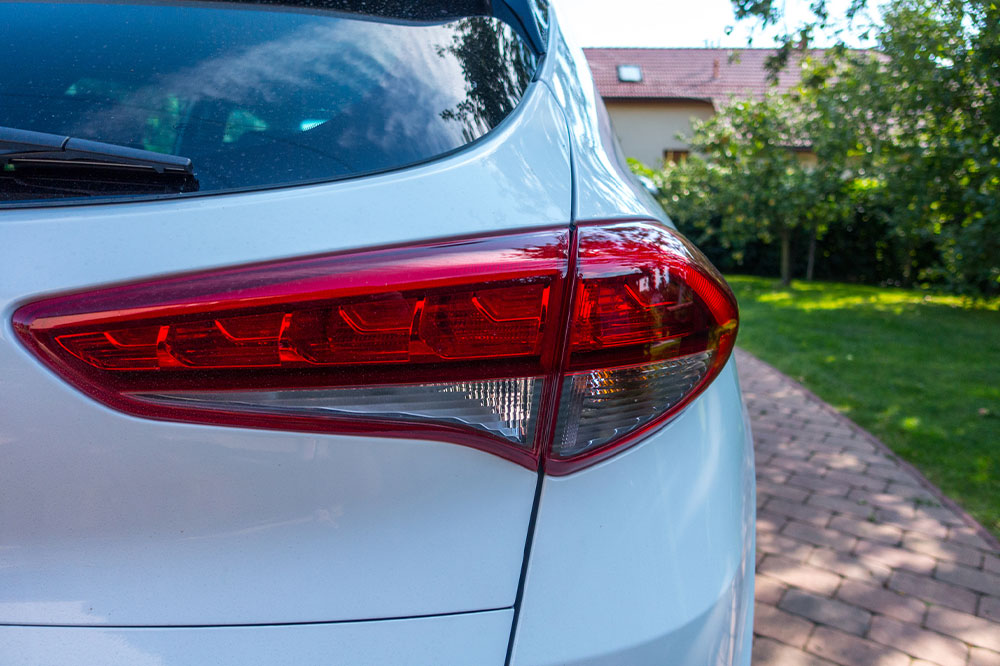Essential Tips for Buying Surplus Generators
Discover essential tips for buying surplus generators, including key factors affecting pricing, safety features, and how to choose the right unit for your needs. Learn how to assess power requirements, select reliable dealers, and understand installation and maintenance considerations. Perfect for homeowners, businesses, or industrial clients, this guide helps you make informed decisions when sourcing surplus generators at competitive prices.

Key Factors to Consider When Purchasing Surplus Generators
Choosing a surplus generator for residential, industrial, or commercial use requires careful evaluation. It involves detailed research, planning, and understanding. Familiarizing yourself with surplus generators, analyzing factors affecting their pricing, installation procedures, and vital tips will guide you toward selecting the right unit tailored to your needs.
What is a surplus generator?
Surplus generators are units that remain unsold in inventory. They might be unsold due to shifting customer preferences, new model launches, or competitive pricing on other options, but they offer excellent value for buyers.
This inventory represents a unique opportunity to acquire high-quality generators at attractive prices. However, thorough research is essential. Consider brand reputation, fuel types, accessories, power needs, and maintenance requirements prior to purchase.
Pricing Influences of Surplus Generators
Several factors impact the cost of surplus units, including brand, fuel type, and power capacity. Let's explore these in detail.
Installation Expenses
It’s crucial to account for installation costs, which involve connecting the unit to existing electrical systems and obtaining safety certifications from professionals.
Sound Attenuation
For residential areas, noise reduction measures could be necessary. Including soundproofing costs is vital when estimating total expenses.
Performance Capabilities
The generator's power output directly influences its price. Smaller portable models suit light loads, while larger units support extensive appliances and equipment.
Guidelines for Purchasing Surplus Generators
To ensure you select a reliable unit that suits your needs, consider the following factors:
Price Comparison
Check multiple models and brands to find a good deal. Also, review warranty terms and after-sales services offered by manufacturers.
Brand Trustworthiness
Prioritize well-known brands with proven reliability. Customer reviews can provide insights into product quality and dealer service.
Safety Features
Look for essential safety features such as overload protection, low-oil shutdown, and automatic voltage regulation for safe operation.
Operational Duration
Verify the runtime capacity to ensure it can sustain your power needs during outages.
Portability
If mobility is needed, choose models with wheels, handles, and manageable size.
Before finalizing your purchase, consider these additional tips:
Identify Power Requirements
Assess your total energy needs, including critical appliances and equipment, to select an appropriately sized generator. Consulting with an electrician is recommended.
Select Fuel Type
Decide between diesel and natural gas options, which are the most prevalent commercial fuel types, based on availability and usage patterns.
Find a Trusted Dealer
Work with reputable sellers who can provide detailed information about the generator's condition, usage history, and specifications.
Arrange Logistics
Confirm if the dealer offers transportation and setup services to simplify the installation process.
When purchasing surplus generators, research and expert advice are invaluable. Visiting local dealerships or checking online offers for surplus units can lead to favorable deals. Always prioritize trusted vendors and thorough evaluation before making your choice.










